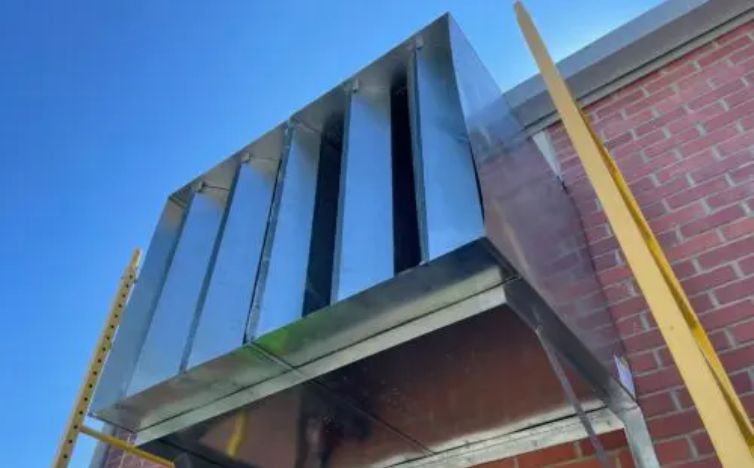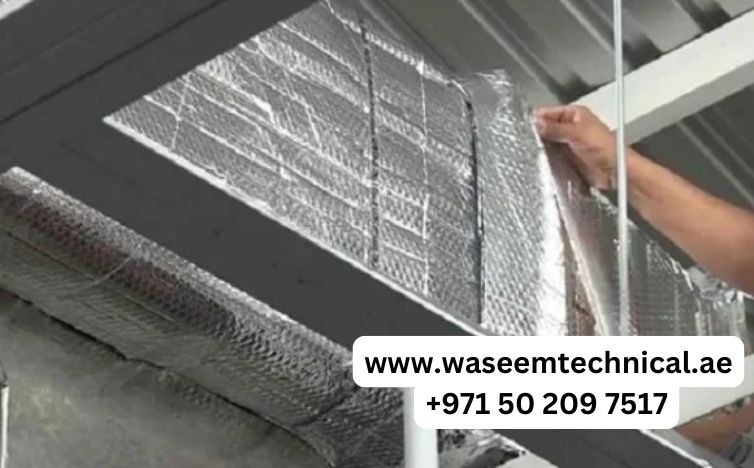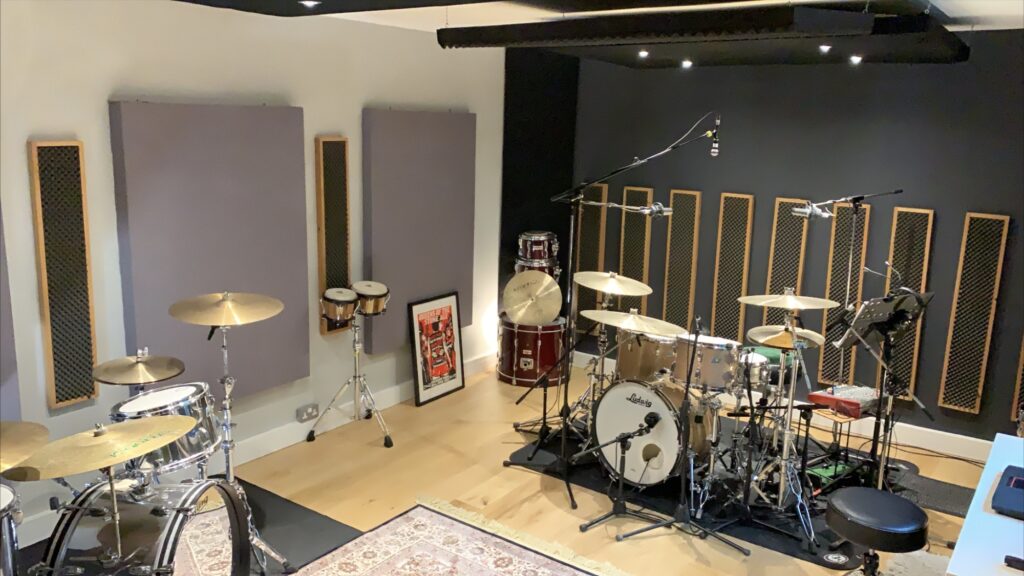Heating, Ventilation, and Air Conditioning (HVAC) systems are essential for maintaining indoor air quality and comfort. However, their operation can often result in unwanted noise, disrupting peace and quiet. This article explores practical HVAC noise control solutions to enhance acoustic comfort in various spaces.
Understanding HVAC Noise Sources
HVAC systems generate noise from multiple components, including:
- Fans and Blowers: Produce mechanical noise due to movement.
- Ductwork: Amplifies vibrations and transmits noise throughout spaces.
- Compressors: Emit a steady hum or louder operational sounds.
Identifying the source of noise is the first step in implementing an effective sound dampening strategy.
Why HVAC Noise Dampening is Essential
Excessive HVAC noise can lead to:
- Discomfort: Persistent noise disrupts relaxation and productivity.
- Health Concerns: Prolonged exposure to noise can cause stress or hearing issues.
- Reduced Property Value: Loud HVAC systems may deter potential buyers or tenants.
Addressing HVAC noise ensures acoustic comfort and preserves the value of residential or commercial spaces.
Effective HVAC Sound Dampening Solutions

1. Use Acoustic Duct Liners
Acoustic duct liners reduce noise transmission within the ductwork. These liners are made of sound-absorbing materials that dampen vibrations and block sound waves, ensuring quieter airflow throughout the building.
2. Install Vibration Isolators
Vibration isolators, such as rubber mounts or spring isolators, prevent vibrations from fans, compressors, or blowers from transferring to structural components. This significantly reduces noise caused by mechanical movement.
3. Soundproof Enclosures for HVAC Units
Encasing noisy HVAC components, like compressors, in soundproof enclosures minimizes the noise they produce. Ensure proper ventilation in these enclosures to maintain system efficiency.
4. Apply Mass Loaded Vinyl (MLV)
Mass Loaded Vinyl can be wrapped around ductwork or used on walls near HVAC equipment. This dense material effectively blocks noise while being flexible enough for various applications.
5. Seal Air Leaks in Ducts
Gaps or cracks in ductwork not only reduce HVAC efficiency but also increase noise levels. Use duct sealants or tapes to eliminate leaks and reduce whistling sounds.
6. Use Quiet HVAC Systems
Modern HVAC systems are designed with noise reduction in mind. Upgrading to energy-efficient and quiet models can be a long-term solution to noise problems.
Areas Where HVAC Soundproofing Matters
- Residential Homes: To ensure peaceful living spaces.
- Commercial Offices: For uninterrupted focus and productivity.
- Hospitals and Clinics: To maintain a serene environment for patients.
- Theaters and Studios: To prevent HVAC noise from interfering with performances or recordings.
Tips for Maintaining Soundproofed HVAC Systems
- Regular Maintenance: Clean and inspect components to ensure quiet operation.
- Proper Installation: Ensure ducts and equipment are installed securely.
- Periodic Upgrades: Replace outdated parts with quieter alternatives.
Call us: Contact Waseem Technical Soundproofing Expert in Dubai For Soundproofing: +971 50 209 7517
Conclusion
HVAC noise can disrupt the comfort and functionality of any space. By using sound dampening solutions like acoustic duct liners, vibration isolators, and soundproof enclosures, you can create a quieter environment. Investing in these measures ensures that HVAC systems work efficiently without compromising acoustic comfort.




